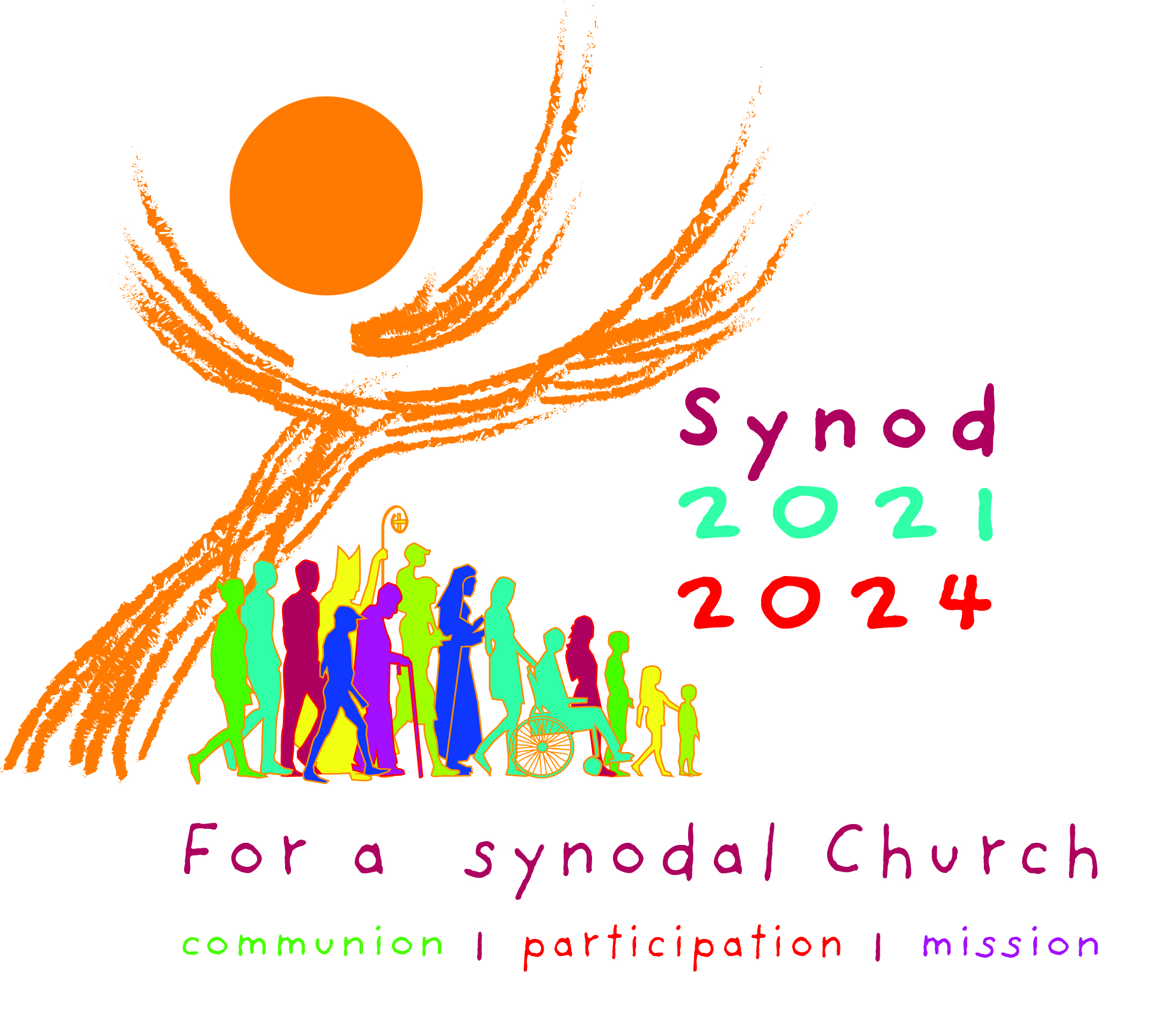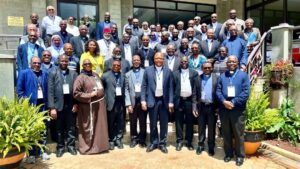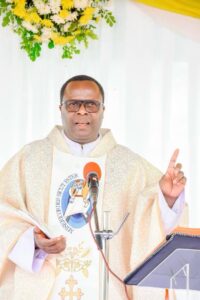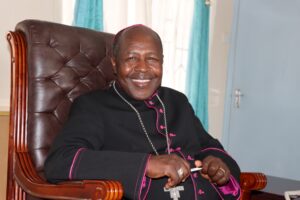VATICAN: Study Groups for Synod Themes to Have In-depth Reflection on Raised Issues

Sr. Jecinter Antoinette Okoth, FSSA
The Vatican, on Thursday March 14, released the work outline for the study groups expected to analyse questions raised last year in the first session of the XVI Ordinary General Assembly of the Synod of Bishops, calling on the identified experts to have a deeper reflection on the issues that emerged.
The statement from the General Secretariat of the Synod indicates that the Holy Father has categorized the questions by their nature which “must be addressed with in-depth study” by the specially constituted Study Groups in collaboration with the Dicasteries of the Roman Curia.
The first synod assembly of the XVI Ordinary General Assembly of the Synod of Bishops that took place Oct. 4–29, 2023, at the Vatican discussed the questions that had emerged from the people of God during the consultation and listening phase with the delegates from across the globe listening to each other and most importantly to what the Spirit was telling the Church.
According to Thursday’s Rome statement, the fruits of the First Session of Synod comprised various relevant issues concerning the life and mission of the Church from a synodal perspective which the delegates agreed to, and had “a consensus that was almost always above 90%.”
As the study groups comprising theologians, Canon lawyers, and other experts from among the competent dicasteries of the Roman Curia and the General Secretariat of the Synod reflect on the raised issues prior to the second Synod session, Vatican highlights that the matters of concern “maintain a two-fold connection with the 2021-2024 Synod process.”
“On the one hand, they have an impact on the shape and style of a synodal Church; on the other hand, their in-depth study will need to be carried out in an authentically synodal manner, involving experts from all continents, enhancing inter-dicasterial collaboration and thus constituting a hands-on workshop of synodality.”
The General Secretariat has stressed that how the reflection is carried out is vital in the process, as the group listens together to the voice of the Holy Spirit.
“For it is He who is the true master of harmony and communion, who disrupts our predictions and expectations to create something new; it is He who guides us in the mission and knows what is needed in every age and at every moment,” reads part of the statement.
The ten issues gathered from the First Session and the outcome collected in the Synthesis Report (SR), include some aspects of the relationship between the Eastern Catholic Churches and the Latin Church, listening to the Cry of the Poor, the mission in the digital environment, the revision of the Ratio Fundamentalis Institutionis Sacerdotalis (The Gift of the Priestly Vocation) in a missionary synodal perspective and some theological and canonical matters regarding specific ministerial forms.
Other areas of the ten concerns to be given in-depth reflection and the exercise done within appropriate timeframes are: the revision, in a synodal missionary perspective, of the documents touching on the relationship between Bishops, consecrated life, and ecclesial associations, some aspects of the person and ministry of the Bishop (criteria for selecting candidates to Episcopacy, judicial function of the Bishops, the nature and course of ad limina Apostolorum visits), the role of Papal Representatives in a missionary synodal perspective; theological criteria and synodal methodologies for shared discernment of controversial doctrinal, pastoral, and ethical issues and the reception of the fruits of the ecumenical journey in ecclesial practices.”
The Thursday message from the Vatican indicates further that the Pope has also entrusted the General Secretariat of the Synod with the task of “preparing the outline of the work specifying the mandate of the Groups.”
While creating the study groups for various themes, care should be taken that members include “bishops and experts from different parts of the world, identified based on their expertise in consideration of the variety of geographical origins, disciplinary areas, gender, and ecclesial condition necessary to favour an authentically synodal approach,” the Vatican statement indicates.
It added that the study group members “will collect and develop the already existing contributions on the themes assigned to them; the insights they will provide should be informed not only by study and research but also by consideration of the fruits of active listening in a variety of pastoral situations and by the considerations of the local Churches.”
The person responsible for the coordination of each Study Group will define more precisely the participants, the methodology, and the timetable of the work and ensure that authentically synodal methods are adopted. A brief report needs to be submitted by 5 September 2024 to be presented to the Second Session of the Synodal Assembly. The Groups should eventually finalize their work, if possible, by the end of June 2025.


